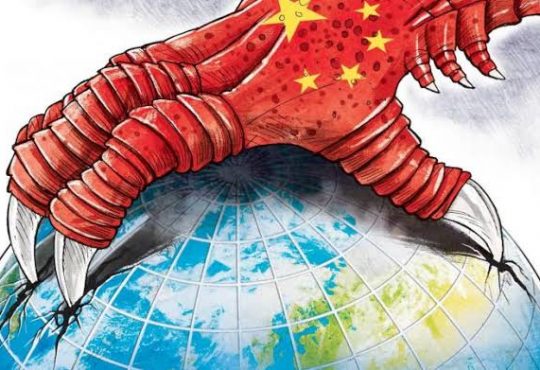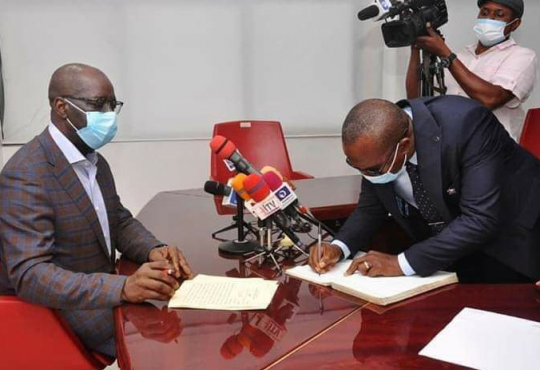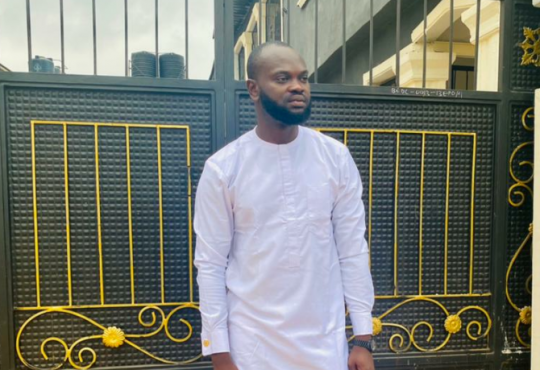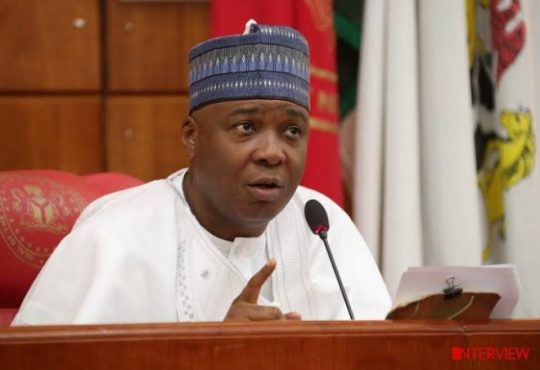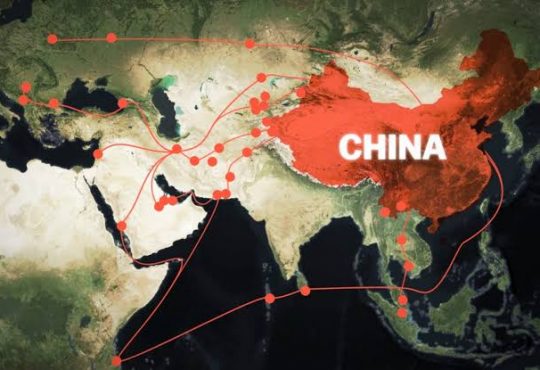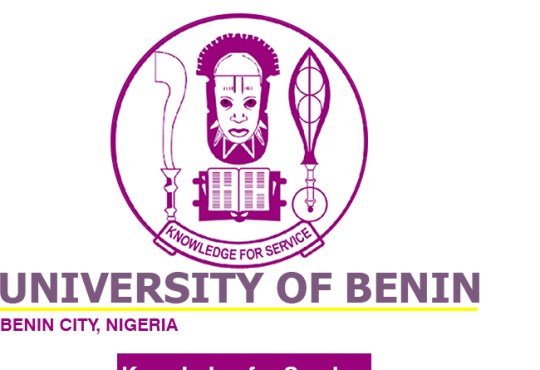
By Lucky Okoedion
The poverty that deprives you a comfortable life is ordinary poverty. But the poverty that politicians take advantage of to silence you, make you loyal through cheap gifts and to buy your votes as a citizen is not ordinary poverty, it is a weapon. If Nigeria survives till 2023 and Boko Haram (AKA Bandits, killer herdsmen) are defeated so much that the communities are safe enough for an election, the election will still be a disaster because the people will be so poor that they will beg for their votes to be bought.
Research shows that “In Nigeria, money has become the main ingredient that makes politics go around. Money buys votes, buys bags of rice as gifts for voters, buys the support of local leaders, and buys the house-to-house campaigns and wall-to-wall advertisements. The history of politics in Nigeria especially after the First Republic is replete with money-bag politics.
“All over the world, democracy is adjudged to be the best form of government but it is being constantly assaulted in Nigeria due to the phenomenon of money politics and vote buying. Money and vote buying have vitiated the promises of democracy in the country thus hampering good governance. A survey of 2,520 randomly selected Nigerians in 2015 conducted for the Washington-based International Foundation for Electoral Systems, found that 48 per cent of those interviewed said they would “take the money” if offered for their vote; 45 per cent of those surveyed said they would not sell their vote under any circumstances. Others said they would collect money and still vote for who they want to vote (York, 2015). The above to a large extent shows the links between the subversion of the electoral process, that is, electoral corruption and the absence of good governance as electoral corruption leads to the denial of voters control of a “valuable political resource; the giving or withholding of their votes” (Scott, 1973) which is at the core of indirect or representative democracy, where people “participate in taking and implementing decisions on the common affairs of the community indirectly, through their representatives, elected or selected for that purpose”(Agbaje, 2005).
“According to the World Poverty Clock, a tool for monitoring progress against poverty globally which was created by Vienna-based World Data Lab, 91.16 million Nigerians were living below a dollar as of February 13, 2019. The report adds that six Nigerians become poor every minute. The World Poverty Clock uses publicly available data on income distribution, production, and consumption, provided by various international organizations, most notably the United Nations, World Bank, and the International Monetary Fund.
“The breadth of deprivation ( the intensity of poverty) in Nigeria, which is the average of deprivation scores experienced by people in multidimensional poverty, is 56.6 per cent. The MPI, which is the share of the population that is multi-dimensionally poor, adjusted by the intensity of the deprivations, is 0.291. (UNDP HDR, 2019). The Global Multidimensional Poverty Index (MPI) is a tool for measuring progress against SDG 1, created by Alkire and Santos of the Oxford Poverty and Human Development Initiative, (OPHI) at the University of Oxford and the Human Development Report Office of the United Nations Development Programme (UNDP) for the flagship Human Development Report.
“The MPI is an index of acute multidimensional poverty. It reflects deprivations ranging from education to health outcomes and to assets as well as services for households, communities and countries. Although deeply constrained by data, the MPI reveals a direct pattern of poverty than income poverty, as it illuminates deprivations directly. (Alkire and Santos, 2010, Oxford Poverty and Human Development Initiative, OPHI).
“MPI compares acute multidimensional poverty for more than 100 countries and 5.7 billion people and monitors changes over time. The 2019 Global MPI data and publication ‘Illuminating Inequalities’ was released on 11 July 2019. It sheds light on the number of people experiencing poverty at the regional, national and subnational level, and reveals inequalities across countries and among the poor themselves. The high-level launch event was convened by UNDP Administrator, Achim Steiner.
An unforgivable social injustice fosters poverty in Nigeria; Nigerian graduates apply for jobs, only to discover that the job adverts were mere formality – all the jobs have already been shared through slots given to politicians. Majority of these politicians are from a previous priviledged generation who when they graduated from the University after enjoying state and federal government bursary and scholarship funding, got a job, a house, and a car waiting for them because the colonialists had just left and there were so many new offices to create and old ones to fill with graduates.
They hijack jobs meant for the populace and give them to their girlfriends, concubines, cousins, children and grandchildren. They loot covid-19 palliatives that is meant for the ordinary people until they are caught. They pretend to promote entrepreneurship as an alternative solution to unemployment by offering agric loans through banks, but they go behind to collude with the bankers to divert the funds to real estate investments and other funds for themselves and their friends. In this way, the people are kept impoverished and focused on how to get the next meal to eat so much that they do not have time, the clear eyes or the strength to protest or vote in better leadership. Hence, what Nigeria needs in 2023 is not another election but a complete overhauling of the system of governance that has failed.
Going back to regional government and using the 1963 constitution as a template for a new constitution is the only way forward. No one can rescue Nigeria from failing anymore because it has already failed. But there is still a tiny window of opportunity to rescue it from disintegration by restructuring to autonomous regions and autonomous states that pay taxes to the regions while the regions pay taxes to the federation. This will foster competition between states and regions in terms of development and quality of life for their people. Delay to do this will cause this tiny window of opportunity to elapse and make a violent disintegration inevitable as the people will react based on sheer survival instinct.
Unfortunately, the politicians are not awake to this reality. They still assume that a more effective leadership can still cause the current system to succeed, not knowing that even if we had angels from heaven and supermen as our political leaders, they will still fail with the current system. They are so addicted to the politics and the benefits of their offices that they are filled with false hopes and baseless optimism that makes them ready to see the nation burn. And it is only when the flames get to their very homes, offices and the very seat of power in Abuja that they will wake up. And unfortunately, it is already happening. Boko Haram already control communities that are just barely 2 hours drive from Abuja the seat of power. We may be able to excuse them from the failure of the Nation since the foundation ensured that Nigeria would fail by design. But not waking up quickly enough to rescue what is remaining of this nation by quickly restructuring back to autonomous states and regions before 2023 will surely be a blame that would be on them forever.
Lucky Okoedion is a believer of a new Nigeria where true democracy is practiced. He writes from Benin City, Nigeria. He can be reached on +2347038820118.


